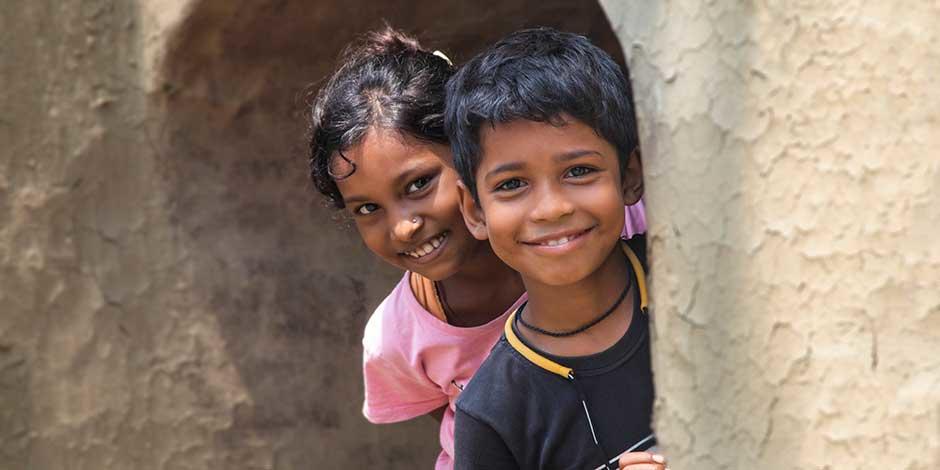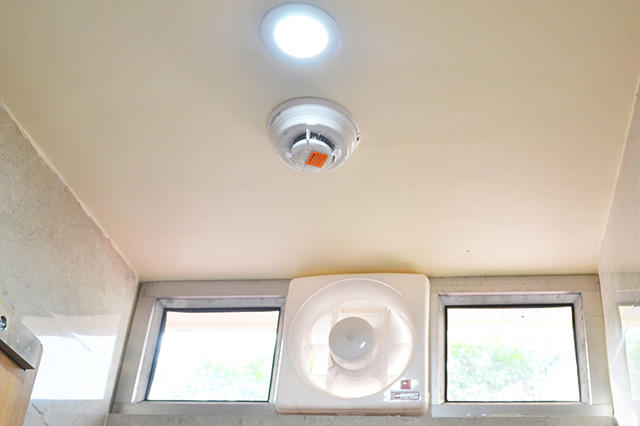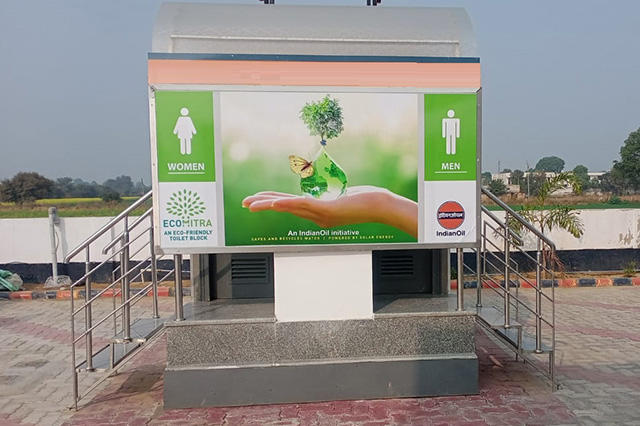We are Shaping the Future! Showcasing Success Stories as We Innovate for a Sustainable Tomorrow

As humans, the hierarchy of our basic needs start from physiological which includes food, water, clothing, shelter, sleep to name a few. These are some of the most basic needs to survive on this planet and could be considered human rights as well. However, the evolution of human species and our aspiration to have a convenient living is also the beginning of several pertinent issues. 'Development' and 'Depletion' are two sides of the same coin. While development promises a better life for the current generation, it also creates a lot of pressure on the natural resources that raises the concerns for their depletion and impact on future generations. Therefore, as individuals and corporations it is our responsibility to preserve the natural resources and come up with sustainable practices that minimize the pressure on them.
In a country like India which is world's 2nd most populous country, water and energy conservation is a very serious issue. The distribution is so uneven that even in today's times, people in some rural areas have to walk miles to procure a bucket of water. Hence, we must take immediate steps to realize the importance of sustainability and how it can positively affect the present and the future.
ŃĆĆ
Driven by OMRON's mission to solve social issues that directly or indirectly contribute towards a positive change in the society, OMRON's Electronics & Mechanical Components Division in India collaborated with Sukriti, an NGO on a mission to provide "Freedom from Unhygienic Sanitation" and "Rejuvenation of Water Bodies." As part of this bigger goal, the NGO is currently working on its ambitious project, "ECOMITRA" (or ECO-FRIEND), which aims to create smart public toilets in India contributing towards:
ŃĆĆ
Public toilets in India have a very common image to them which can be described with adjectives like smelly, dirty, and depletory. To create a smart toilet as envisioned by Sukriti, technology has a big role to play, and it must be minimal and unintrusive so that users are not hesitant. After studying the requirements thoroughly, the team suggested to install OMRON's Thermal Sensor, a multi-purpose sensor that can detect human presence and movement. These features of the sensor can be used to automate several functions of a smart toilet such as:
 automatic turn ON/OFF light and exhaust fan
automatic turn ON/OFF light and exhaust fanŃĆĆ
Talking about his experience, the project leader Mr. Pankaj Garhwal, a senior engineer at OMRON shares how a fateful meeting with the customer made him realize that public toilets in India had a huge scope of improvement and also presented a chance to provide a tangible contribution to the society. Over the next few months, the team closely worked with Sukriti and developed a solution that would change the way public toilets work in India. However, during the first field trial, the end-users were apprehensive about the solution as it looked more like a camera. The team accepted the verdict and worked on changing the exterior of the solution without compromising with its efficiency. Finally, the new design gained the end-user trust, and the solution was deployed at 80 public toilets across India
 Public toilet with OMRON's Thermal sensor
Public toilet with OMRON's Thermal sensorŃĆĆ
Mr. Ravi Bhatt, Senior Embedded Engineer, Sukriti Social Foundation feels that their collaboration with OMRON has been an efficient one as they have achieved several goals for this ambitious project. Apart from conserving water and electricity, the smart toilets are encouraging proper sanitation among rural people and protecting them from diseases like Cholera and Typhoid. The customer looks forward to having many more meaningful associations with OMRON for their upcoming projects and be a source of happiness for millions of Indians.
As part of our dedicated efforts to become an organization that people can trust and depend on, OMRON will continue to undertake challenges that present us an opportunity to provide newer values to the society. In doing so, we hope to contribute towards a sustainable and safer living for people all around the world.